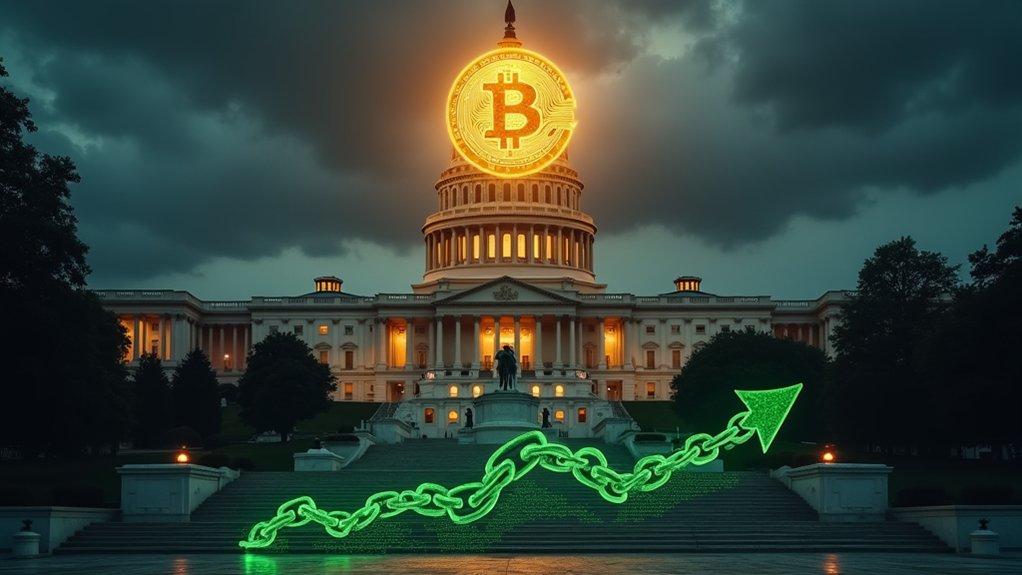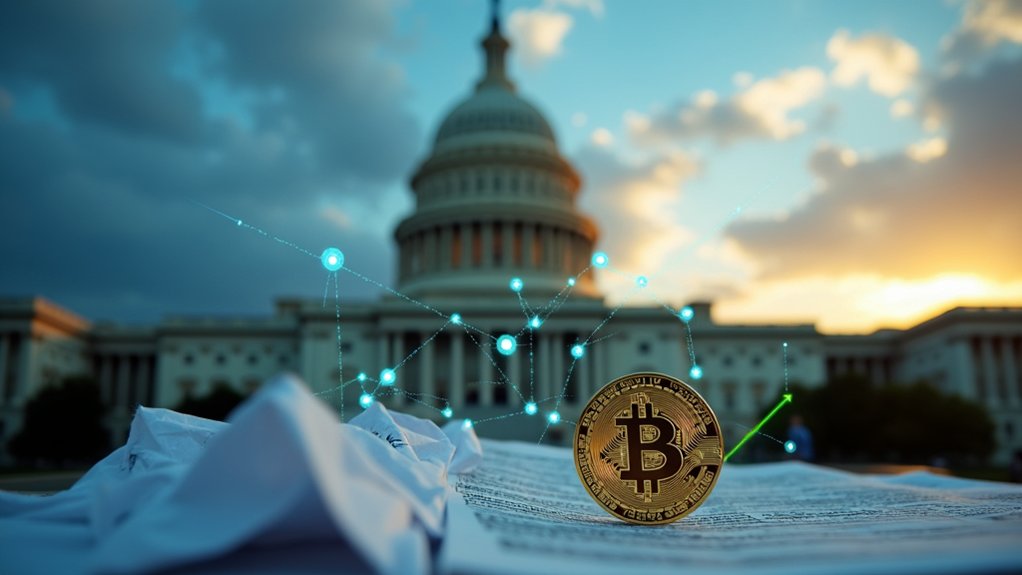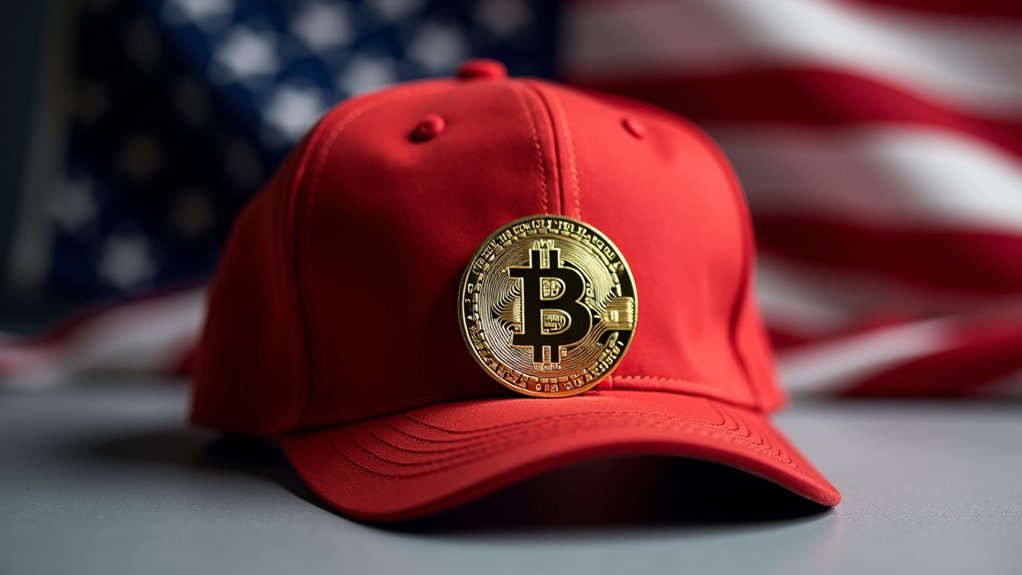In a stunning blow to Biden-era cryptocurrency regulations, the Senate voted 70-27 to kill an IRS rule that would have saddled DeFi platforms with broker reporting requirements. The resolution, introduced by Senator Ted Cruz of Texas, leveraged the Congressional Review Act to dismantle what many crypto enthusiasts called an existential threat to innovation.
The IRS rule, finalized in December 2024, would have expanded the definition of “brokers” to include decentralized finance platforms. The rule was particularly controversial because it imposed tax compliance requirements on platforms that operate without central authority. Yeah, you read that right. The government wanted DeFi protocols—which often have no central operator—to somehow collect and report user data. Good luck with that.
Eighteen Democrats crossed party lines to support the resolution, creating a rare moment of bipartisan agreement in today’s political climate. The crypto industry immediately celebrated. The Blockchain Association called it a “big day for DeFi and US crypto industry,” while the DeFi Education Fund hailed it as the “first of many historic milestones.”
The resolution now heads to the House, where the Financial Services Committee has already approved a matching measure. President Trump is expected to sign it into law, consistent with his administration’s pro-crypto stance.
This isn’t just about killing one rule. The vote prevents the IRS from creating similar policies in the future. It’s a complete reset. Senator Thune, the Majority Leader, framed the vote as restoring “financial freedom.” Dramatic? Sure. But not entirely off-base.
Critics of the rule argued it was “technologically unfeasible” and would have driven innovation overseas. The Senate apparently agreed. No sense in regulations that can’t actually be implemented.
The vote reflects a significant shift in Washington’s approach to digital assets under the Trump administration. The rejection of these regulations acknowledges that DeFi operates on smart contracts that automatically execute transactions without traditional intermediaries, making conventional reporting structures impractical. Crypto policy has emerged as a surprisingly bipartisan issue. Who would have thought? Politicians actually agreeing on something.
For the DeFi sector, this represents more than regulatory relief—it’s validation. The message is clear: America wants to lead in digital innovation, not regulate it to death.





